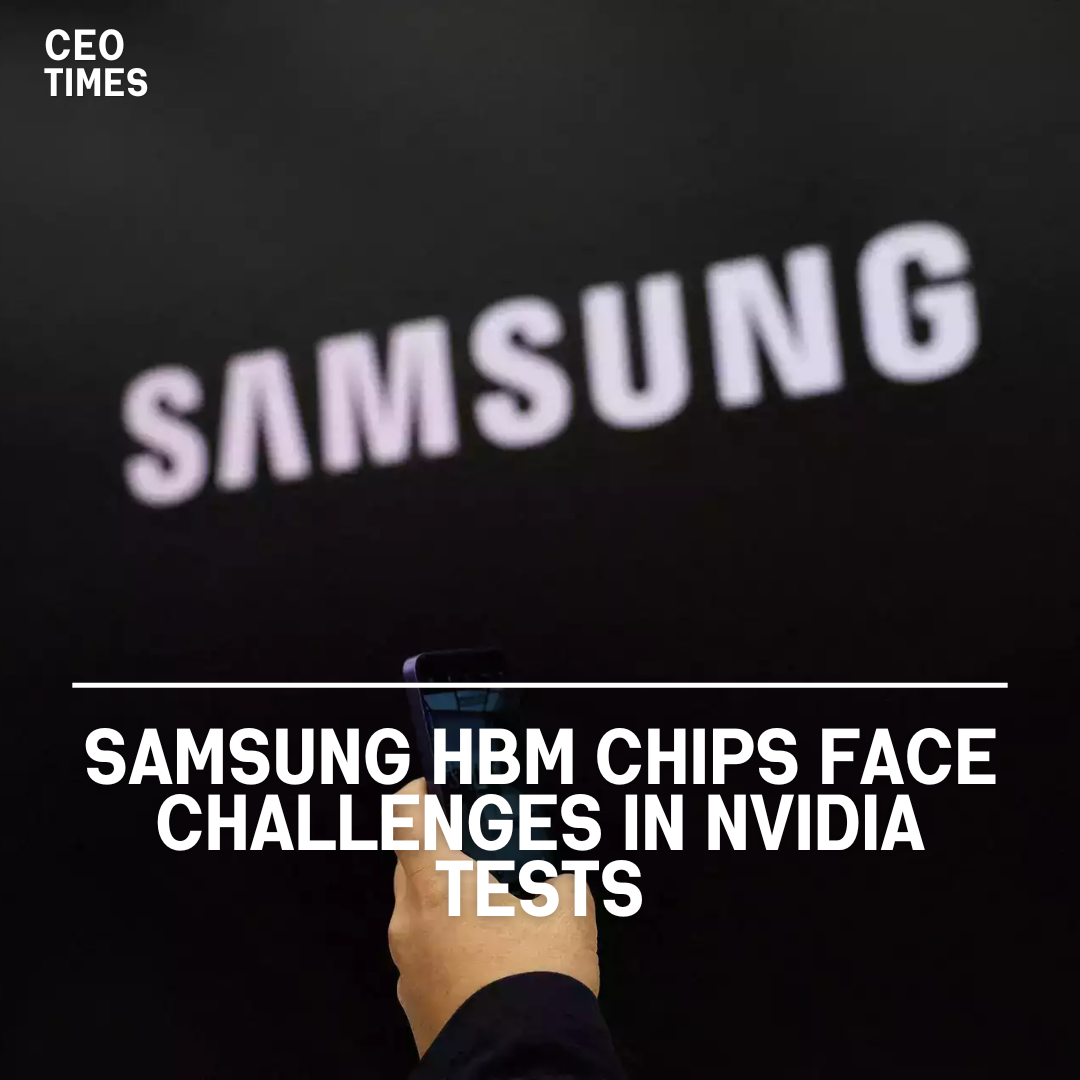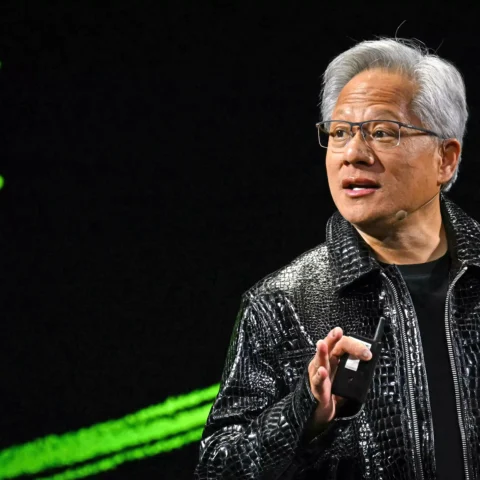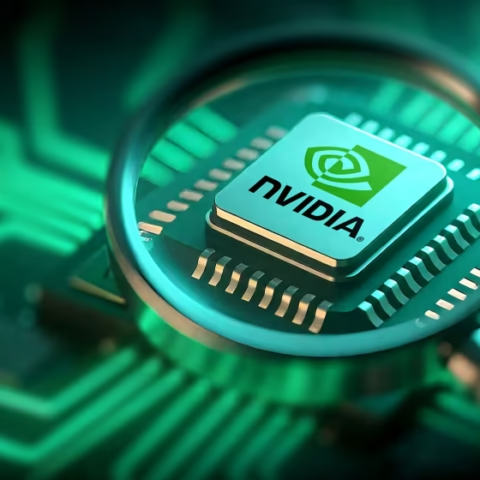According to three people briefed on the issues, Samsung Electronics’ latest high-bandwidth memory (HBM) chips have yet to pass Nvidia’s tests for use in the U.S. firm’s AI processors due to problems with heat and power consumption.
Issues with HBM3 and HBM3E Chips:
The problems affect Samsung’s fourth-generation HBM3 chips, which are most commonly used in GPUs for artificial intelligence, as well as the upcoming fifth-generation HBM3E chips that Samsung and its competitors are launching this year. This is the first time the reasons for Samsung failing Nvidia’s tests are being reported.
Samsung Response:
Samsung stated that HBM is a customized memory product that requires “optimization processes in tandem with customers’ needs” and that it optimizes its products through close collaboration with customers.
Samsung declined to comment on specific customers but later said that “claims of failing due to heat and power consumption are not true” and that testing was “proceeding smoothly and as planned.”
Nvidia declined to comment on the matter.
Importance of HBM in AI:
HBM, a dynamic random access memory (DRAM) standard first produced in 2013, involves vertically stacked chips to save space and reduce power consumption.
This technology is crucial for processing massive amounts of data that complex AI applications produce. The demand for sophisticated GPUs has surged amid the generative AI boom, driving the demand for HBM.
Satisfying Nvidia, which commands around 80% of the global GPU market for AI applications, is key to the future growth of HBM manufacturers, both in terms of reputation and profit momentum.
Samsung’s Testing History:
Since last year, Samsung has been trying to pass Nvidia’s tests for HBM3 and HBM3E. According to two sources, the results of a recent failed test for Samsung’s 8-layer and 12-layer HBM3E chips came in April.
It remains unclear if the problems can be easily resolved. Still, the failures have increased concerns in the industry and among investors that Samsung could fall further behind rivals SK Hynix and Micron Technology in HBM.
Market Impact:
The sources, two of whom were briefed on the matter by Samsung officials, spoke anonymously as the information is confidential. Following the news, Samsung’s shares fell 2% in early Friday trading, slightly weaker than the broader market.




















